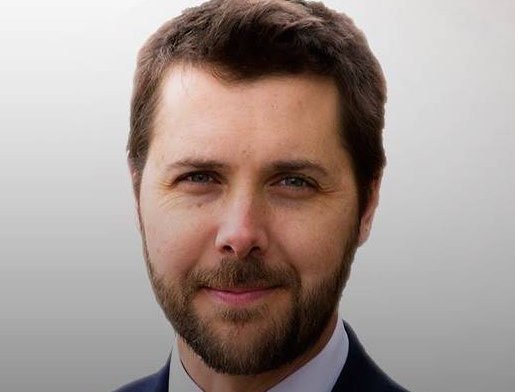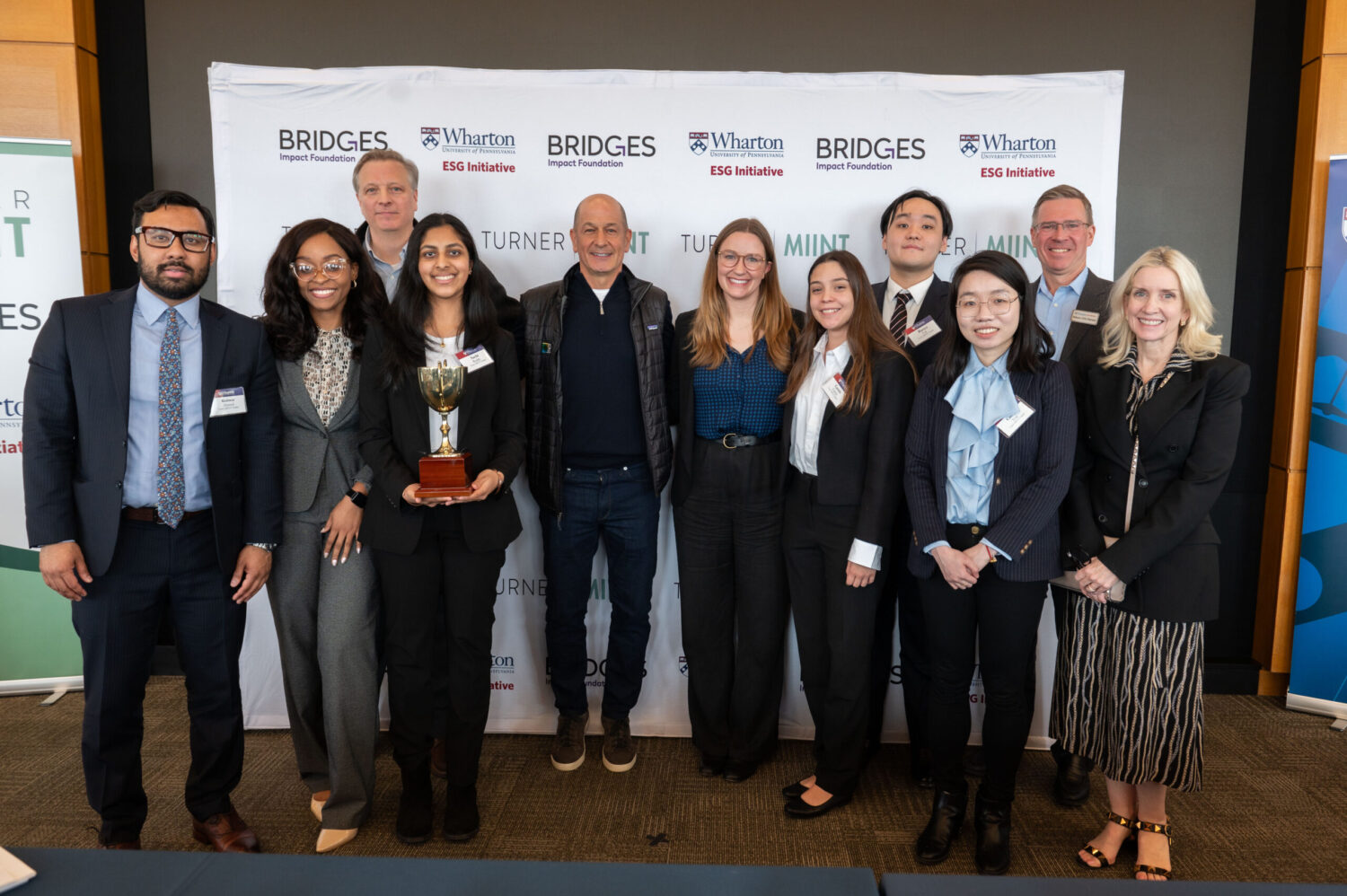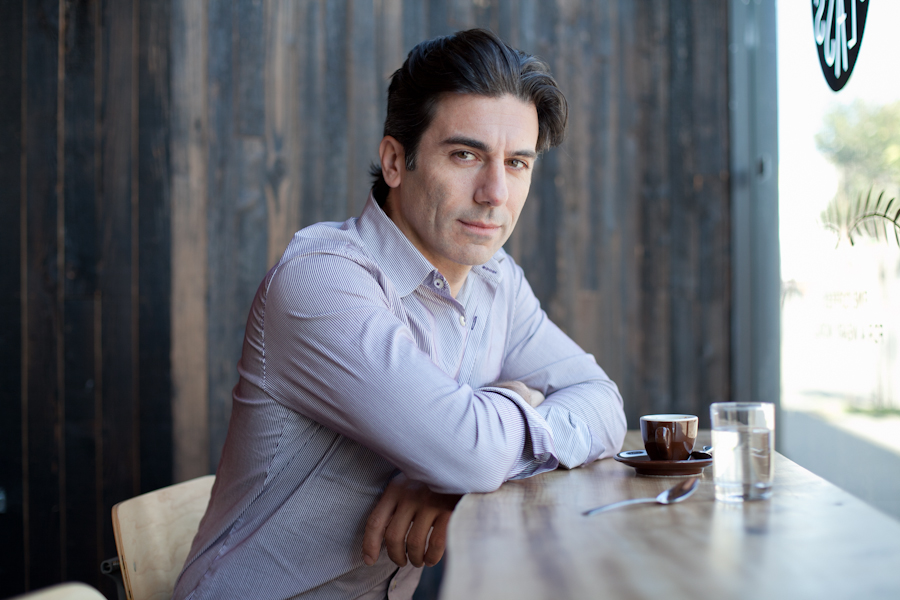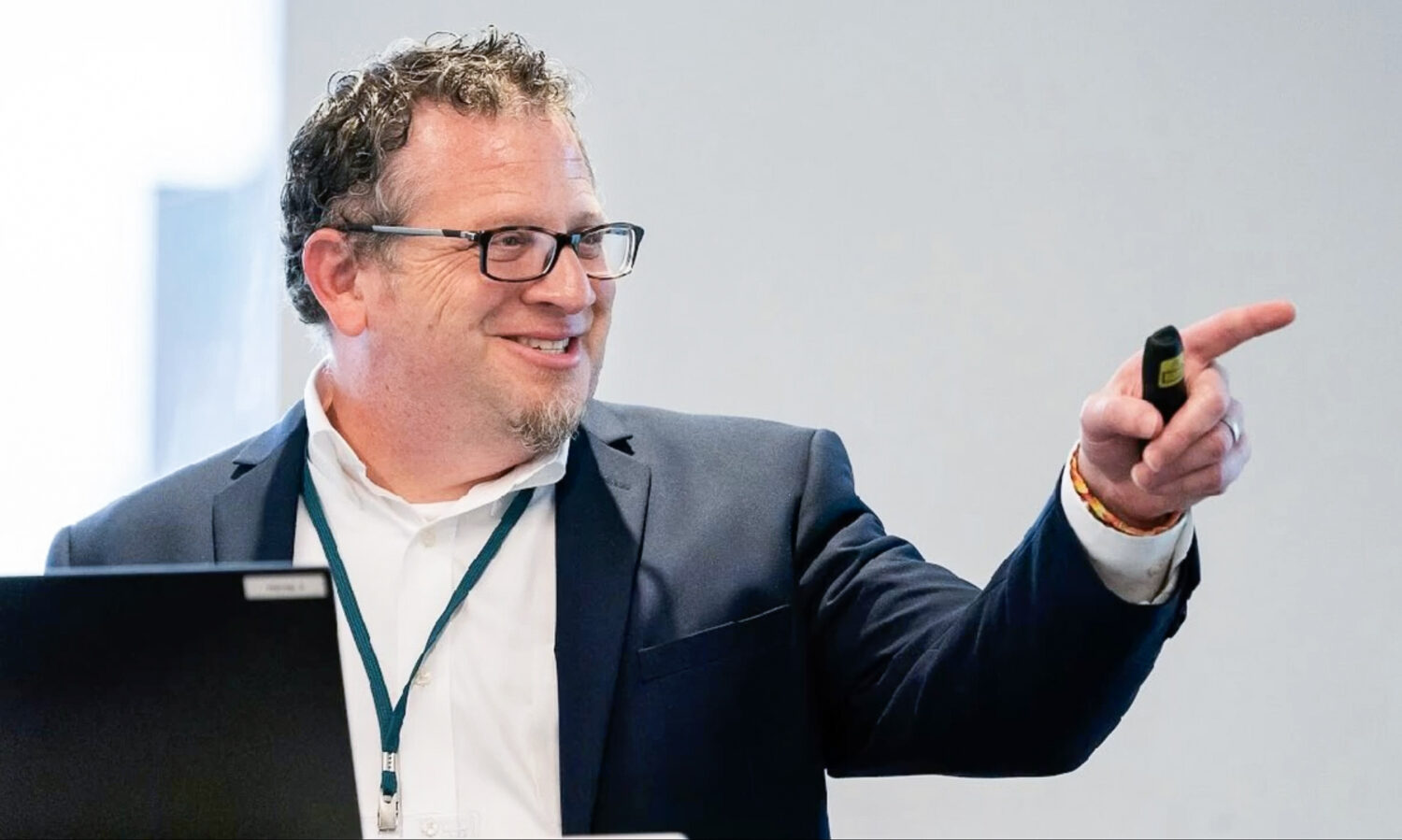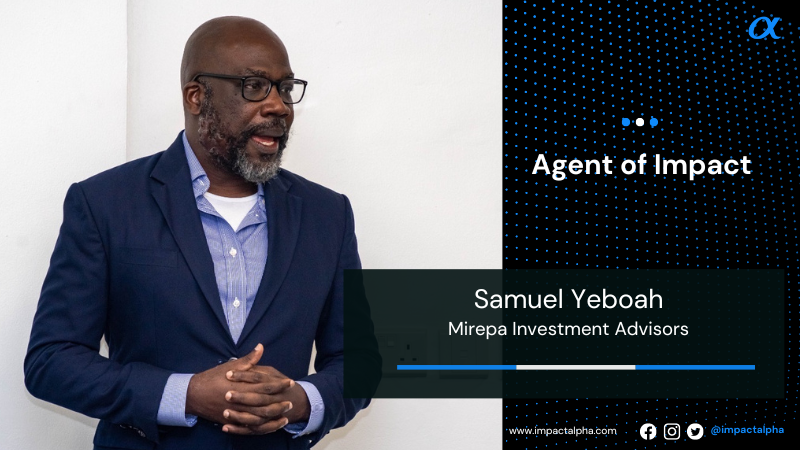ImpactAlpha, Mar. 12 – At 31, Brian Deese helped plan and execute then-President Obama’s auto industry bailout. As the White House’s top climate official a few years later, he helped broker the Paris climate accord. Now President Biden’s top economic advisor, Deese helped craft the American Rescue Plan – the historic $1.9 trillion package of bottom-up economic assistance aimed at ending the pandemic and rescuing the U.S. economy.
Between his government roles, Deese headed sustainable investing at BlackRock. Deese is more policy wonk than investor, more negotiator than ideologue and more insider than outsider. “When we look at economic crises, it is more often policy makers do too little than too much,” Deese told Bloomberg. Underinvestment, he says, “becomes a persistent drag on growth.”
Deese took to Twitter to highlight hidden components of the rescue bill: tax cuts for essential workers, investments in childcare, provisions to cut homelessness, compensation for school meals, risk capital for small businesses and historic investments in Native communities.
Deese will be consequential as the Biden administration looks beyond COVID to climate and infrastructure.
Critics knock his ties to Wall Street, but Deese understands that investment firms face a reckoning with climate and other sustainability issues. Decarbonization is the new global race among companies, as well as countries, he told Morning Brew’s Kinsey Grant in November (while still at BlackRock).
Government action to create incentives and rules of the road, Deese says, will define “the speed and the trajectory of the transition to a low-carbon economy,” and its economic impacts.
“Climate change itself is extraordinarily regressive,” with the most negative impact on people with the fewest resources, he says. “You have to make sure you are mitigating that and not creating or exacerbating other inequalities.”

